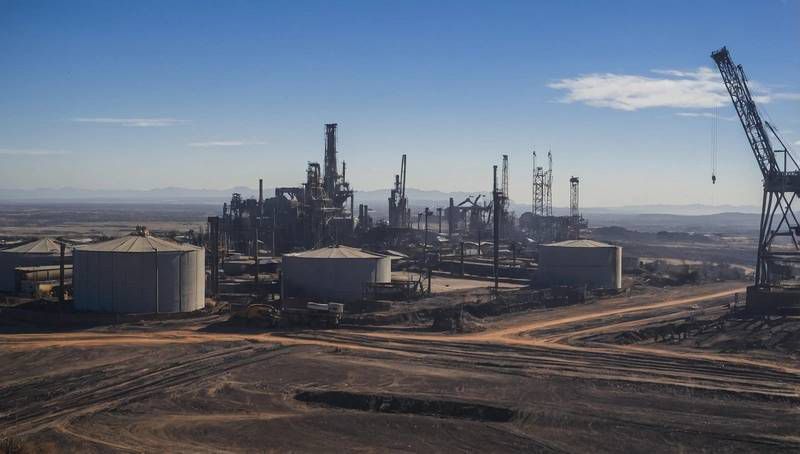

On August 15, 2025, South Africa’s International Trade Administration Commission (ITAC) announced that it would soon release the preliminary findings of its review of steel tariffs, aiming to address the challenges facing its local steel industry.
ArcelorMittal South Africa, the country’s largest steel producer, has announced the planned closure of its long steel facilities in Newcastle and Vereeniging by the end of September 2025. This decision threatens roughly 3,500 direct and indirect jobs and has cascading implications for industries reliant on steel, including construction, automotive manufacturing, and rail infrastructure. The closures also risk reducing South Africa’s capacity to supply neighboring African markets, where the country has traditionally played a leading role in steel exports.
In response, the South African government has accelerated a comprehensive review of import tariffs and safeguard measures. Authorities are considering higher duties on selected steel products and targeted measures to protect domestic production. A temporary financial injection has postponed some closures, but long-term solutions require structural reforms: reducing electricity costs, improving rail logistics for steel transport, and supporting the recycling and processing of scrap metal locally.
Energy costs have emerged as a critical factor. High electricity prices, combined with aging rail infrastructure, have inflated production costs, making it difficult for local steel producers to compete with imported material. Meanwhile, mini-mills that rely on scrap metal recycling have begun to gain market share due to their lower operating costs, further challenging traditional steel plants.
Experts stress that decisions made in the coming months will be pivotal. If tariffs and structural reforms are effectively implemented, South Africa could safeguard its domestic industry, preserve thousands of jobs, and maintain its influence in the African steel market. Failure to act decisively, however, could result in widespread plant closures, job losses, and reduced domestic steel capacity, with long-term consequences for the economy and strategic sectors.
Joseph Kabuye , Correspondent , Kampala




